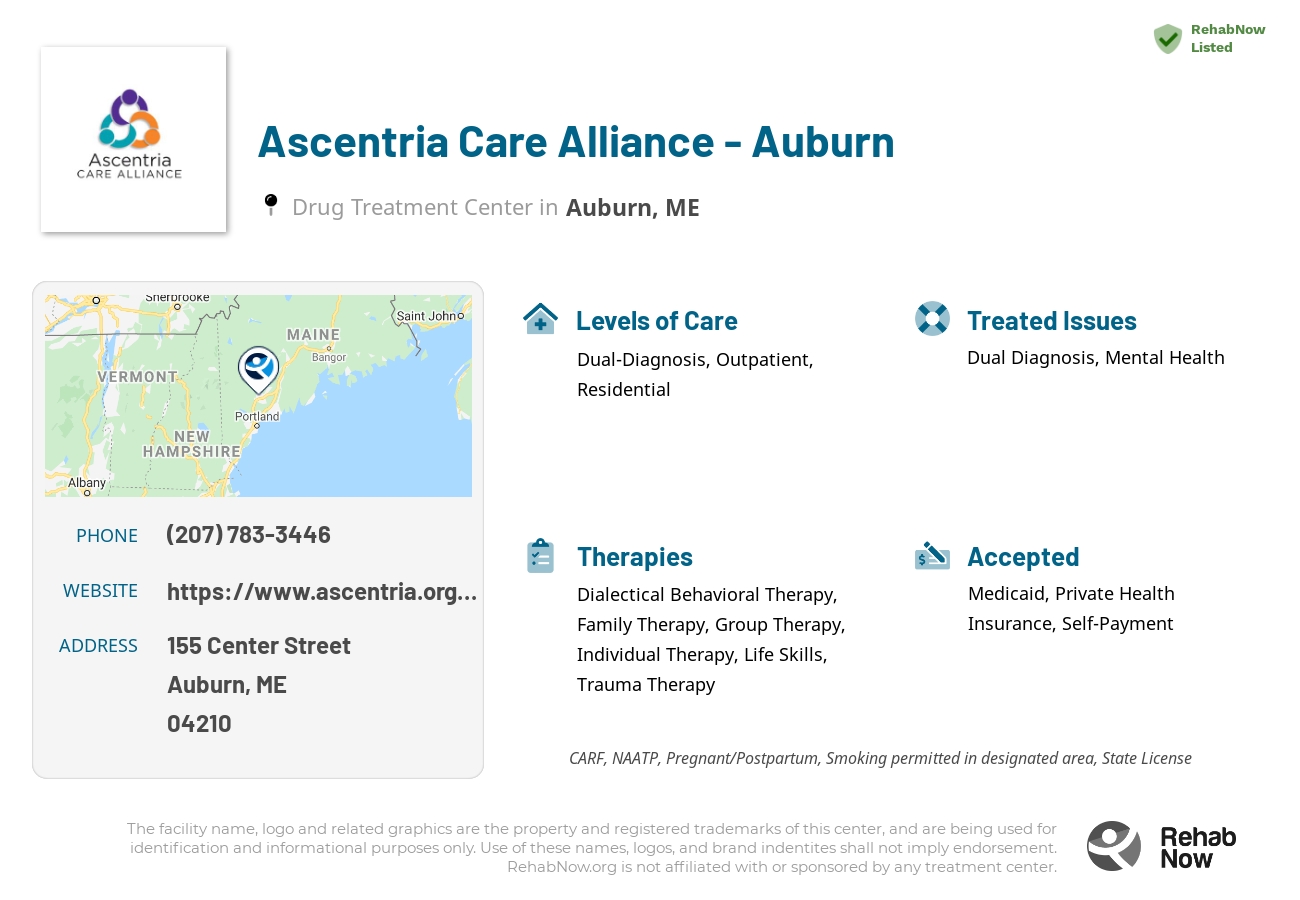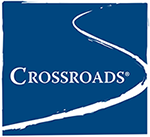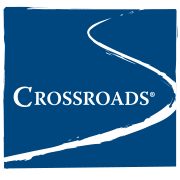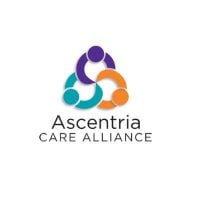
Ascentria Care Alliance - Auburn
Drug Rehab Center in Auburn, Maine
- Mental Health
- Dual Diagnosis
Ascentria Care Alliance - Auburn in Auburn, Maine offers addiction treatment services including residential and outpatient care, individual, group and family therapy, and specialized programming, with the aim of helping individuals recover from substance abuse and addiction.
About
Ascentria Care Alliance - Auburn is an addiction treatment facility located in Auburn, Maine. This facility offers a variety of programs and services tailored to treat individuals suffering from substance abuse, mental health and dual diagnosis. Ascentria specializes in offering both residential and outpatient levels of care, and accepts private health insurance. Ascentria also works with many other organizations to provide a comprehensive and effective treatment plan to help individuals achieve recovery from substance abuse and addiction.
Ascentria Care Alliance - Auburn provides highly skilled and experienced counselors who are dedicated to helping those who are working to overcome their addiction. Counseling sessions include individual, group and family therapy, in which counselors assess the individual’s needs and develop a customized treatment plan. Ascentria Care Alliance - Auburn has earned accreditation from the Commission on Accreditation of Rehabilitation Facilities (CARF) and is licensed by the State of Maine. They also offer specialized programming, which includes an addiction education group and relapse prevention group, as well as aftercare services for those who need additional support after treatment.
Genders
Ages
Modality
Additional
Conditions and Issues Treated
A person who struggles with addiction and a mental health condition suffers from a dual diagnosis. This means that they have two issues that must be treated. The specific mental health issues that the patient at Ascentria Care Alliance - Auburn might have include but are not limited to:
- Depression
- Bipolar Disorder
- Anxiety
- PTSD (Post Traumatic Stress Disorder)
The specific addiction issues that the patient might have include but are not limited to:
- Alcoholism
- Drug Addiction (i.e., Cocaine, Meth, and other stimulants, Marijuana, and Ecstasy)
The combination of the two illnesses can be tough to treat. Taking care of one or the other is tough, and taking care of both cannot be done alone. A patient who receives dual diagnosis treatment will be given the best chance at becoming sober.
Levels of Care Offered
This center offers a variety of custom treatment tailored to individual recovery. Currently available are Dual-Diagnosis, Outpatient, Residential, with additional therapies available as listed below.
An outpatient treatment program is set up to help with alcohol or drug addiction or a co-occurring disorder. The treatment must attend the treatment facility for their therapy and other programs but return home each night. The frequency of mandatory attendance decreases after much of the treatment program is complete. The treatment programs are monitored by the treatment facility and case managers who work for a judge or judge’s office. A treatment program may be performed out of a treatment facility, treatment clinic, or treatment center.
The benefits of outpatient treatment programs are many. One of the most beneficial treatment programs is that it allows treatment for clients who cannot afford or may not be able to attend treatment at a treatment facility, treatment center, or treatment clinic full-time. Another benefit of treatment programs is that they reduce crime rates because treatment allows people to treat their addiction.
Residential treatment programs are those that offer housing and meals in addition to substance abuse treatment. Rehab facilities that offer residential treatment allow patients to focus solely on recovery, in an environment totally separate from their lives. Some rehab centers specialize in short-term residential treatment (a few days to a week or two), while others solely provide treatment on a long-term basis (several weeks to months). Some offer both, and tailor treatment to the patient’s individual requirements.
Therapies & Programs
Individualized Treatment is essential because it gives addicts the ability to participate in a program that meets their unique needs. An addict should work with professionals who understand what they’re going through, especially if the addict is actively using. Finding the right treatment program for an addict is difficult, but it’s even harder without communicating with those who have experience treating your specific situation.
The therapies typically involve all family members, potentially including siblings, children, and parents who play a role in their daily lives. These sessions can be essential because they address past issues that may have affected an addict or alcoholic’s recovery process. They provide support during this time when it is needed most!
A family therapy session, often called a family meeting or intervention, is a necessary process that helps loved ones of addicts see their situation in a new light. It’s also one of the most challenging things families will ever have to do when they’re facing a loved one battling addiction or alcoholism.
Group therapy sessions provide recovering addicts with a chance to cope with everyday situations that many face. Group therapy sessions are held in rehab facilities, clinics, churches or community centers that offer drug addiction treatment.
People who attend these groups are encouraged to voice their feelings and support other addicts in recovery. This helps group members strengthen their own recovery program while cheering on others who are struggling with sobriety.
Trauma therapy allows them to work through past trauma to have peace of mind and begin down the road of sobriety. The therapist will work with the individual to help them understand their past and present relationships. Patients may often believe that something is inherently wrong with them or they are unworthy of love. The therapist aims to correct these negative feelings and behaviors by helping the person realize that their actions do not reflect who they truly are.
Dialectical behavior therapy, or DBT, is one form of cognitive behavioral treatment. This type of therapy typically involves both individual and group sessions with a therapist on a regular basis.
It uses concepts like mindfulness training to help addicts learn how to identify their thoughts, feelings, behaviors and the experiences that trigger them so they can avoid relapse. DBT also teaches addicts how to regulate their emotions, which can make it easier for them to avoid or overcome negative thoughts and cravings.
Life skills training is beneficial for addicts in recovery because it helps them learn how to take care of themselves and improve their quality of life, which can promote feelings of purpose and motivation.
This works by teaching individuals life-enhancing skills that support positive living, including:
- Healthy lifestyle habits
- Skills to effectively manage stress
- Effective communication skills to help them get their needs met without turning to drugs or alcohol
- Money management and budgeting skills so they can continue to take care of themselves after treatment ends.
Payment Options Accepted
For specific insurance or payment methods please contact us.
Is your insurance accepted?
Ask an expert, call (888) 674-0062
Ascentria Care Alliance Associated Centers
Discover treatment facilities under the same provider.
- Ascentria Care Alliance - Westbrook in Westbrook, ME
- Ascentria Care Alliance - Waterville in Waterville, ME
- Ascentria Care Alliance - Mexico in Mexico, ME
Learn More About Ascentria Care Alliance Centers
Additional Details
Specifics, location, and helpful extra information.
Auburn, Maine 4210 Phone Number(207) 783-3446 Meta DetailsUpdated November 25, 2023
Staff Verified
Patient Reviews
There are no reviews yet. Be the first one to write one.
Auburn, Maine Addiction Information
Prescription opioid abuse is the most common form of substance abuse in Maine. More than 10% of these residents have also admitted to using prescription drugs for non-medical purposes. Between 2013 and 2014, 4 out of every 5 deaths in Maine were caused by illicit drugs. One in five high school students in Maine uses marijuana every single month.
Auburn, Maine is a town hit hard by the opioid epidemic. In 2016, there were nine deaths related to opioid overdose in Auburn, which is a rate of 23.7 per 100,000 people. From 2015 to 2016, drug overdose deaths increased by 54%. There were also 198 admissions to treatment facilities for heroin addiction in 2016.
Treatment in Nearby Cities
- West Newfield, ME (47.4 mi.)
- Wiscasset, ME (28.7 mi.)
- Westbrook, ME (30.7 mi.)
- Livermore Falls, ME (25.4 mi.)
- Morrill, ME (58.1 mi.)
Centers near Ascentria Care Alliance - Auburn


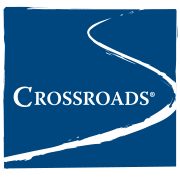
The facility name, logo and brand are the property and registered trademarks of Ascentria Care Alliance - Auburn, and are being used for identification and informational purposes only. Use of these names, logos and brands shall not imply endorsement. RehabNow.org is not affiliated with or sponsored by Ascentria Care Alliance - Auburn.

